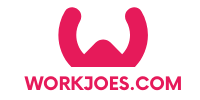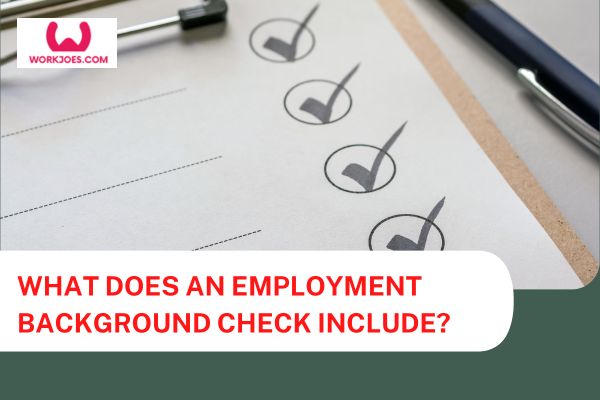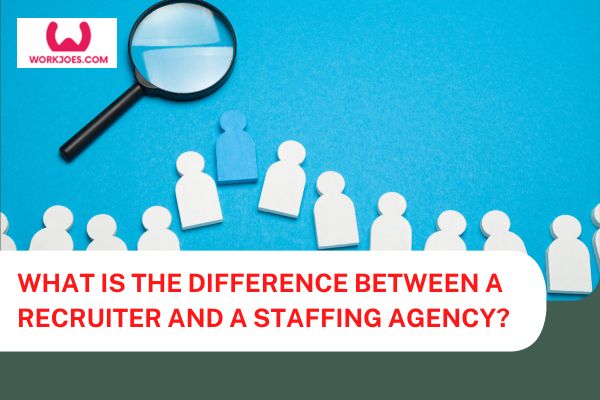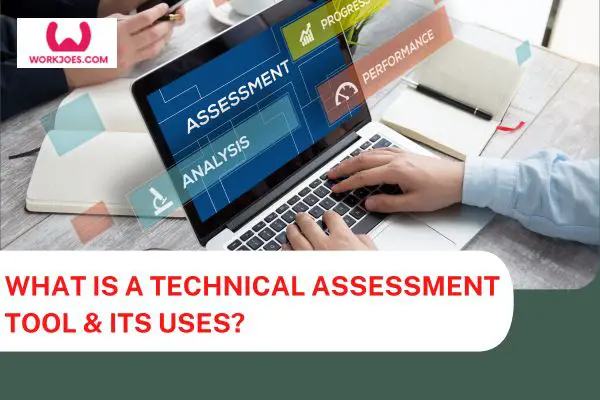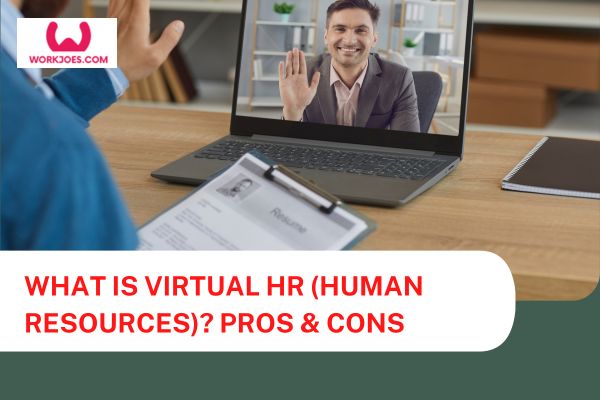If you’re applying for a job, there’s a good chance that the employer will conduct an employment background check on you. This is a common practice for many companies, as it helps them make informed decisions about who to hire. But what exactly is an employment background check, and what does it involve?
Simply put, an employment background check is a process that employers use to verify the information provided by job applicants. This can include things like your work history, education, criminal record, and more. The purpose of the check is to ensure that you’re a good fit for the job and that you’re not hiding anything that could be a red flag for the employer.
Employment background checks can vary in scope and intensity depending on the employer and the job in question. Some checks may only involve a basic criminal background check, while others may delve deeper into your personal and professional history. Regardless of the scope, it’s important, to be honest and transparent throughout the process to avoid any potential issues down the line.
What to Expect from an Employment Background Check
When you apply for a job, the employer may require you to undergo an employment background check. It is a way for employers to ensure that they are hiring the right person for the job.
During an employment background check, an employer may look at a variety of information, including:
- Employment history
- Education History
- Credit History
- Driving Record
- Reference Checks
- Criminal History
- Social Media Activity
- Medical Records
The employer may also contact references provided by the job applicant to verify their employment history and performance.
Employment background checks are typically conducted by third-party companies like Seamless Search that specialize in this type of work. These companies have access to a variety of databases and resources that allow them to quickly and efficiently gather the information needed to complete the background check.
It is important to note that employers must comply with certain laws and regulations when conducting employment background checks. For example, they must obtain the job applicant’s consent before conducting the background check and provide them with a copy of the report if they are not hired as a result of the background check.
Overall, employment background checks are an important tool for employers to ensure that they are hiring the right person for the job. By verifying the information provided by job applicants, employers can make more informed hiring decisions and reduce the risk of hiring someone who may pose a threat to the workplace or be a poor fit for the job.
What Includes Employment Background Check?
When conducting an employment background check, the employer typically looks into various aspects of a candidate’s history to ensure they are the right fit for the job. Here are some of the things that may be included in an employment background check:
Employment Verification:
Employers may verify the candidate’s employment history to ensure that they have the necessary experience and qualifications for the job. They may also contact previous employers to ask about the candidate’s work performance and behavior.
Education and Credentials Verification:
Employers may verify the candidate’s educational background, including degrees earned and certifications received. This can help them determine whether the candidate has the necessary knowledge and skills for the job.
Credit History Check:
Employers may check the candidate’s credit history to assess their financial responsibility. This may be particularly important for jobs that involve handling money or sensitive financial information.
Criminal Record Check:
Employers may check for any criminal history, including misdemeanors and felonies. This can help them determine whether the candidate has a history of violence, theft, or other criminal activity that could impact their ability to perform the job.
Social Media Profiles:
This involves reviewing publicly available information on an applicant’s social media profiles, such as LinkedIn, Twitter, Facebook, or Instagram. The intent is usually to gain a better understanding of an applicant’s professional background, qualifications, and overall online presence.
Reference Checks:
Employers may contact personal or professional references provided by the applicant to gather insights about their character, work ethic, and suitability for the job.
Professional License Verification:
If the job requires specific professional licenses or certifications, the employer may verify the validity and status of those credentials.
Drug Testing:
Some employers may require candidates to undergo drug testing as part of the background check process. This can help them ensure that the candidate is not using illegal drugs that could impact their job performance or safety.
Conclusion
Overall, an employment background check is designed to help employers make informed hiring decisions and ensure that the candidate is a good fit for the job. By checking various aspects of the candidate’s history, employers can minimize the risk of hiring someone who may pose a threat to the company or its employees.
